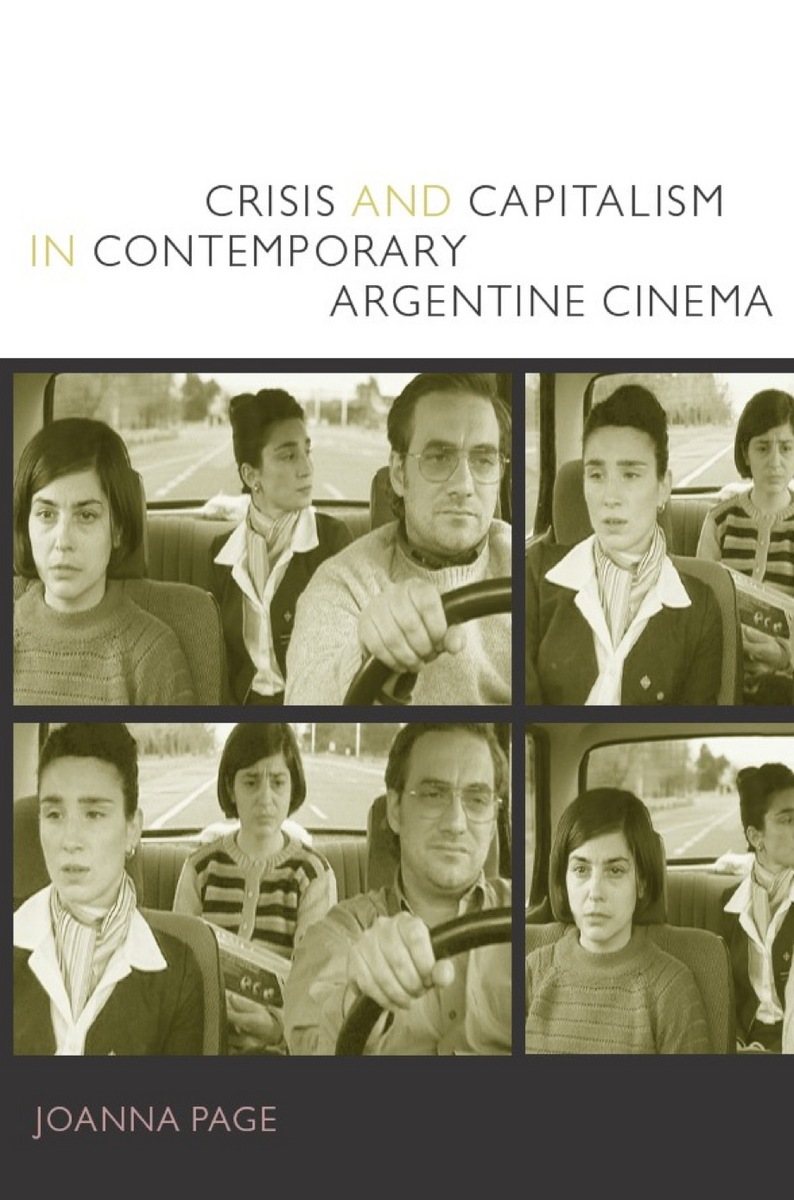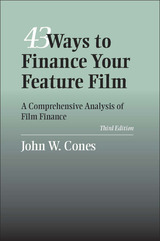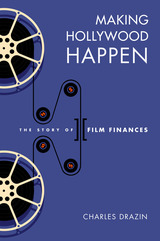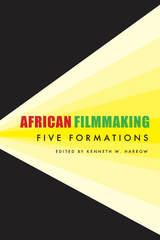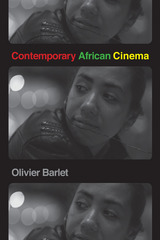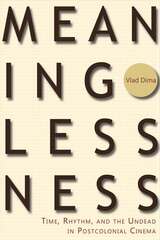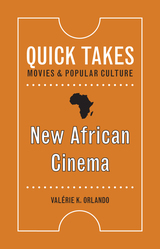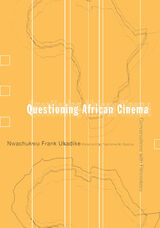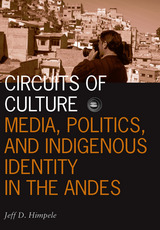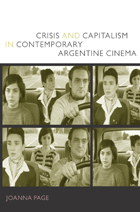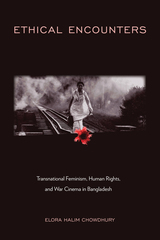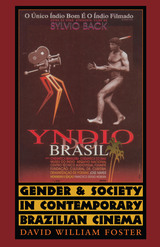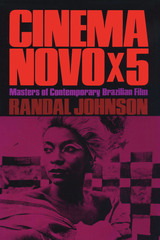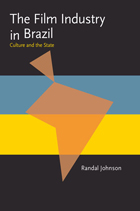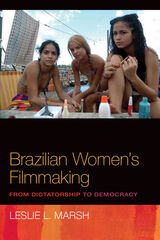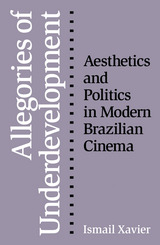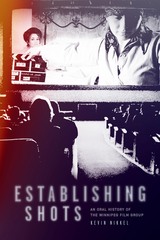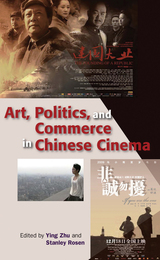“This book is likely to become required reading for students of Latin American films, and of interest to anyone concerned with debates of globalization, nationhood, film theory, and memory studies.” - Violeta Politoff, Screening the Past
“Page’s work announces a bold and fresh theorizing of Argentine cinematic culture as an object worthy of its international fame and recognizes the many contributions that Argentine film scholars have made in conceptualizing film beyond the national frame. . . . [It] make[s] clear that bold new directions in Argentine film study are certainly underway.” - Jessica Stiles Mor, Canadian Journal of Latin American & Caribbean Studies
“[The] breadth of knowledge, subtlety of analysis, and clarity of expression goes far beyond providing a useful introduction to contemporary Argentine cinema. . . . Scholars of Latin American culture will find in Page’s book an essential contribution on globalization and on questions of memory, and for those who study contemporary Latin American cinema, it will be an indispensable foundation for perceptive scholarship grounded in Argentine reality.” - Matt Losada, Film Criticism
“Crisis and Capitalism is an essential source for the study of Argentine films of the last deca¬des. The incorporation of several film stills add to the reading and help visualize specific points of analysis. More importantly, they complement a text that becomes a window from which we can achieve a privileged perspective from which to see Argentina preparing itself to face the new century.” - Graciela Michelotti, Arizona Journal of Hispanic Cultural Studies
A useful resource for cultural studies as well as film collections. Summing Up: Highly recommended. Graduate students and researchers. -- - John Cheney-Lippold, International Journal of Communication
“A useful resource for cultural studies as well as film collections. Summing Up: Highly recommended. Graduate students and researchers.” - K. M. Sibbald, Choice
“Crisis and Capitalism in Contemporary Argentine Cinema is an excellent book. Joanna Page gives us a fresh, up-to-date treatment of one of the most significant and exciting Latin American cinemas of recent years.”—Michael Chanan, author of Cuban Cinema
“Given the widespread recognition for the achievements of contemporary Argentine cinema, it is startling that there have been so few scholarly works about it published in English. Taking a major step toward filling this void, Joanna Page offers a fascinating study of recent Argentine films through beautifully situated readings that reveal the cinema’s participation in larger sociocultural debates and historical processes. This is a top-notch work.”—Laura Podalsky, author of Specular City: Transforming Culture, Consumption, and Space in Buenos Aires, 1955–1973
“Crisis and Capitalism is an essential source for the study of Argentine films of the last deca¬des. The incorporation of several film stills add to the reading and help visualize specific points of analysis. More importantly, they complement a text that becomes a window from which we can achieve a privileged perspective from which to see Argentina preparing itself to face the new century.”
-- Graciela Michelotti Arizona Journal of Hispanic Cultural Studies
“[The] breadth of knowledge, subtlety of analysis, and clarity of expression goes far beyond providing a useful introduction to contemporary Argentine cinema. . . . Scholars of Latin American culture will find in Page’s book an essential contribution on globalization and on questions of memory, and for those who study contemporary Latin American cinema, it will be an indispensable foundation for perceptive scholarship grounded in Argentine reality.”
-- Matt Losada Film Criticism
“A useful resource for cultural studies as well as film collections. Summing Up: Highly recommended. Graduate students and researchers.”
-- K. M. Sibbald Choice
“Page’s work announces a bold and fresh theorizing of Argentine cinematic culture as an object worthy of its international fame and recognizes the many contributions that Argentine film scholars have made in conceptualizing film beyond the national frame. . . [It] make[s] clear that bold new directions in Argentine film study are certainly underway.”
-- Jessica Stiles Mor Canadian Journal of Latin American and Caribbean Studies
“This book is likely to become required reading for students of Latin American films, and of interest to anyone concerned with debates of globalization, nationhood, film theory, and memory studies.”
-- Violeta Politoff Screening the Past
A useful resource for cultural studies as well as film collections. Summing Up: Highly recommended. Graduate students and researchers.
-- John Cheney-Lippold International Journal of Communication
